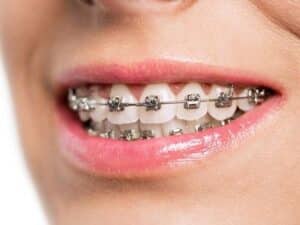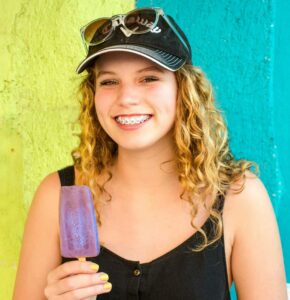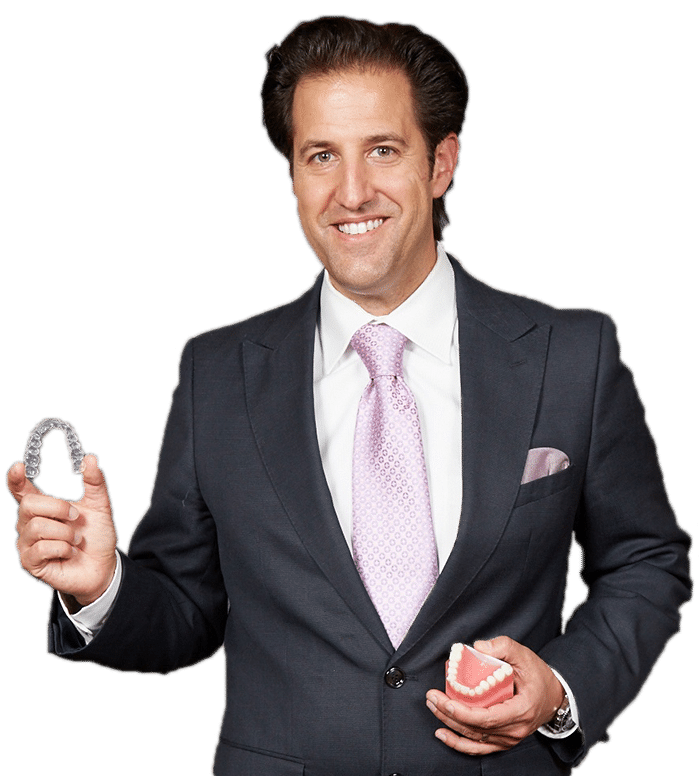Braces and Travel: Tips for Taking Care of Your Teeth on the Go
Braces travel comes with its own set of challenges. When you’re away from home, keeping up with oral hygiene and avoiding problems like broken brackets or discomfort takes a little extra effort. A small issue can turn into a bigger inconvenience if you’re unprepared.
The good news is that maintaining your braces while traveling isn’t difficult. With the right supplies and a few simple habits, you can keep your teeth clean and your treatment on track. Being mindful of what you eat, packing the right essentials, and knowing how to handle minor issues will help you stay comfortable throughout your trip.
Essential Braces Travel Kit: What to Pack

A well-packed kit makes a big difference when you’re traveling with braces. Having everything you need on hand can help you stick to your routine and manage any minor issues that come up. Here’s what to include:
Must-Have Items for Oral Care
- Travel-sized toothbrush and fluoride toothpaste – Brushing after meals helps prevent plaque buildup and keeps your braces clean.
- Floss threaders or orthodontic floss picks – Regular flossing removes food particles that can cause irritation or cavities.
- Compact mirror – Checking for stuck food or loose brackets is easier when you have a small mirror in your bag.
- Orthodontic wax – Useful for covering sharp wires or brackets that may cause irritation.
Additional Essentials for Comfort and Maintenance
- Extra rubber bands – If you wear elastics, bring a supply in case some get lost.
- Over-the-counter pain relievers – Mild discomfort can happen with braces, especially after eating certain foods.
- Small bottle of mouthwash – A quick rinse freshens your breath and helps fight bacteria when brushing isn’t an option.
Packing these items ensures you’re prepared for any situation while away from home. Even short trips can be unpredictable, so keeping these essentials with you makes caring for your braces much easier.
Eating While Traveling: Foods to Enjoy and Avoid
Food choices matter when you have braces, especially during travel. Being mindful of what you eat helps prevent discomfort and avoids damage to your brackets or wires. Some foods are safe and easy to eat, while others can lead to problems that may be difficult to fix away from home.
Braces-Friendly Snacks and Meals
Soft, easy-to-chew foods are the best option for braces travel. They minimize the risk of broken brackets and make eating more comfortable. Some good choices include:
- Soft fruits – Bananas, berries, and peeled apples.
- Dairy products – Yogurt, soft cheese, and milk-based smoothies.
- Soft proteins – Scrambled eggs, boneless fish, and shredded chicken.
- Cooked vegetables – Steamed carrots, mashed potatoes, and roasted squash.
- Pasta and rice – Easy to chew and gentle on braces.
These foods help you stick to a braces-friendly diet while keeping your meals enjoyable.
Foods to Avoid While Traveling
Certain foods can damage braces, causing discomfort or the need for repairs. While it may be tempting to try different snacks on the road, avoiding these can save you from an emergency visit to the orthodontist:
- Hard and crunchy snacks – Popcorn, chips, and nuts can break brackets or bend wires.
- Sticky foods – Caramel, gum, and chewy candies can get stuck in braces.
- Tough meats – Steak or jerky can be difficult to chew and put too much pressure on brackets.
- Crusty breads – Hard rolls or thick pizza crusts require extra force to bite into.
If you’re eating at a restaurant, opt for softer options and cut food into small pieces. This makes chewing easier and lowers the risk of damaging your braces.
Planning your meals ahead of time and choosing braces-friendly options will help you avoid unexpected issues while traveling.
Staying on Top of Oral Hygiene While Traveling
Keeping up with oral hygiene is essential for braces travel. A busy schedule, unfamiliar places, and limited access to a bathroom can make it harder to stick to your routine. Skipping proper care can lead to plaque buildup, bad breath, and even discomfort. A few simple habits can help you keep your braces clean no matter where you go.
Brushing and Flossing on the Go
- Brush after every meal – If that’s not possible, at least rinse your mouth with water to remove food particles.
- Use a travel-sized toothbrush – A compact brush makes it easier to clean your braces anytime.
- Floss daily – Floss threaders or orthodontic floss picks help reach tight spots between teeth and wires.
- Keep a small mirror with you – This allows you to check for food stuck in your braces after eating.
Extra Hygiene Tips for Travel
- Carry a bottle of mouthwash – A quick rinse freshens your breath and helps kill bacteria when brushing isn’t an option.
- Stay hydrated – Drinking plenty of water prevents dry mouth and washes away food debris.
- Keep orthodontic wax handy – If a wire starts poking or a bracket feels rough, wax can provide temporary relief.
Even when you’re on a trip, maintaining good hygiene habits keeps your braces in good shape. A few extra minutes spent caring for your teeth can prevent discomfort and keep your treatment on track.
Handling Braces Emergencies on the Road

Unexpected issues can happen during braces travel, but most problems have simple solutions. Knowing how to handle minor emergencies can prevent discomfort and help you avoid an urgent visit to a local orthodontist.
Common Braces Issues and Quick Fixes
-
Loose Bracket
- If a bracket comes loose but is still attached to the wire, leave it in place and avoid hard or sticky foods.
- Apply orthodontic wax to keep it from irritating the inside of your mouth.
- If it completely detaches, store it in a small container and contact your orthodontist when you return.
-
Poking Wire
- If a wire shifts and starts poking your cheek or gums, try pushing it back with the eraser end of a pencil.
- If that doesn’t help, cover the sharp end with orthodontic wax.
- In cases where the discomfort continues, a clean nail clipper can be used to trim the wire carefully.
-
Lost Rubber Band
- If you wear elastics and one snaps or falls out, replace it with an extra from your travel kit.
- If you run out, continue wearing the remaining elastics as directed until you can get new ones.
-
Soreness or Irritation
- Rinse with warm salt water to soothe irritated areas.
- Use over-the-counter pain relievers if discomfort persists.
- Soft foods like yogurt or mashed potatoes can make eating easier while your mouth adjusts.
When to Find a Local Orthodontist
Most braces-related issues can be managed until you return home, but some situations require professional help:
- A broken wire or bracket causes significant pain.
- A wire is deeply embedded in your gums or cheek.
- Swelling or signs of infection appear around your braces.
If any of these happen, look for an orthodontist in the area who can provide temporary relief. Otherwise, handling minor issues with simple fixes can keep you comfortable throughout your trip.





